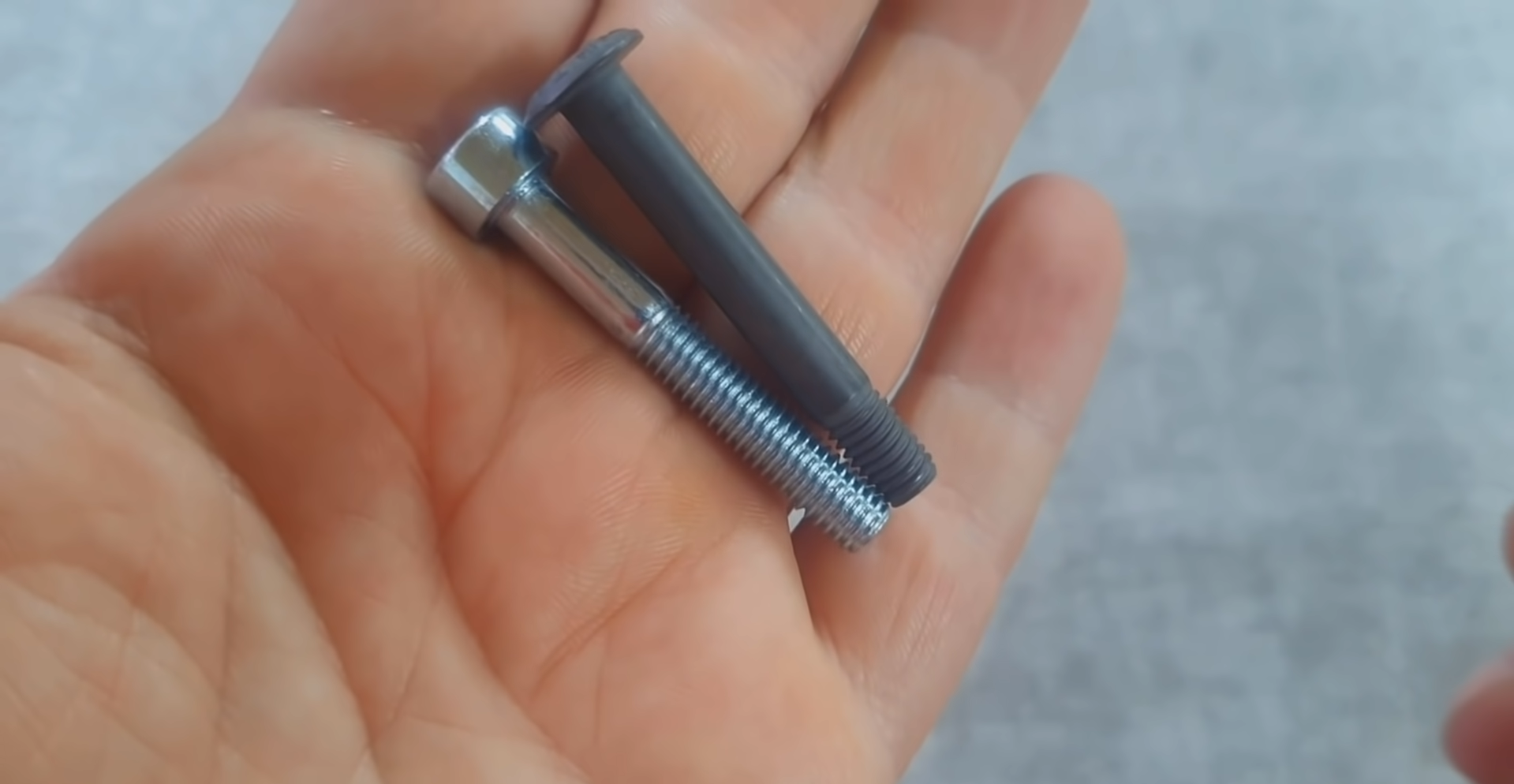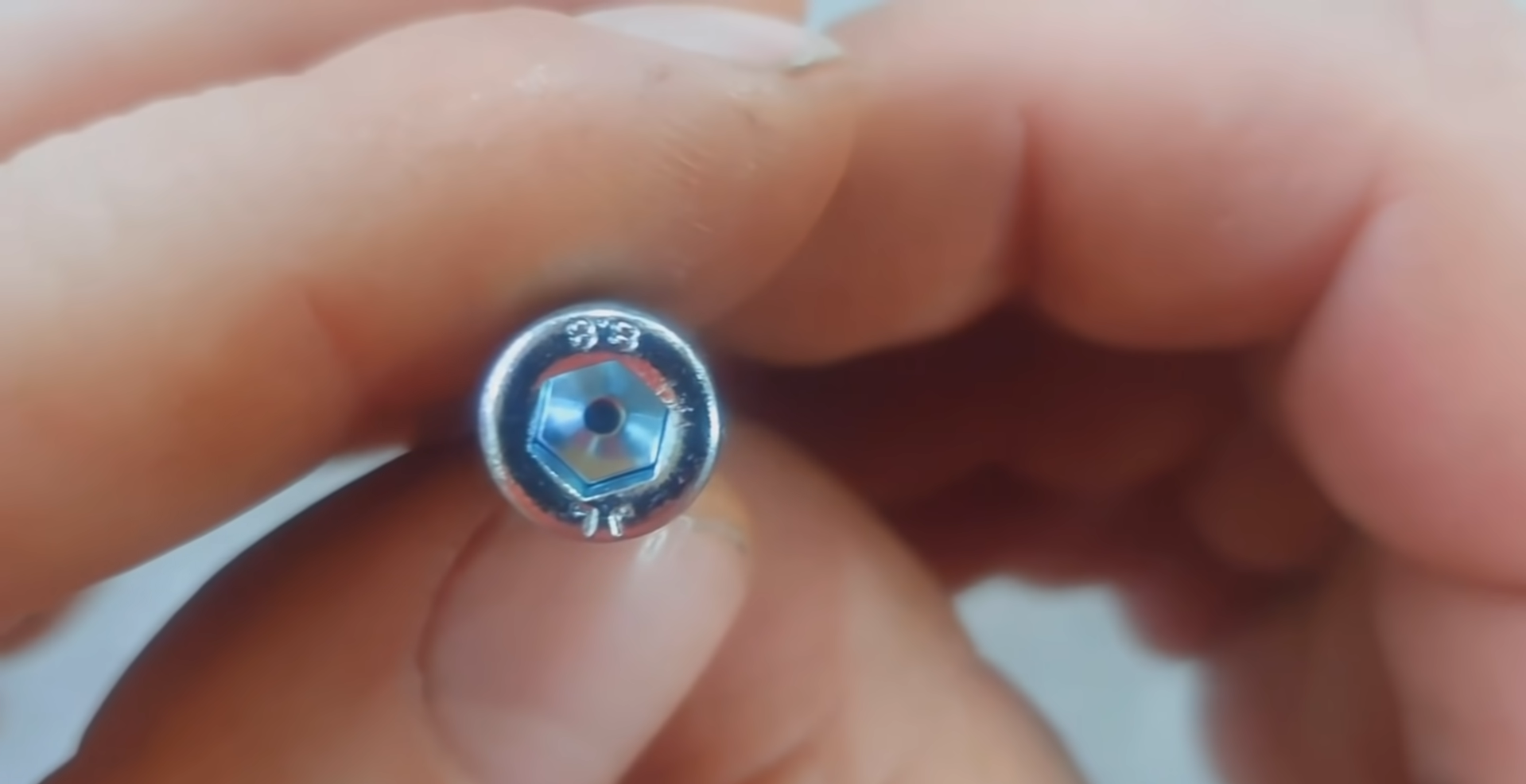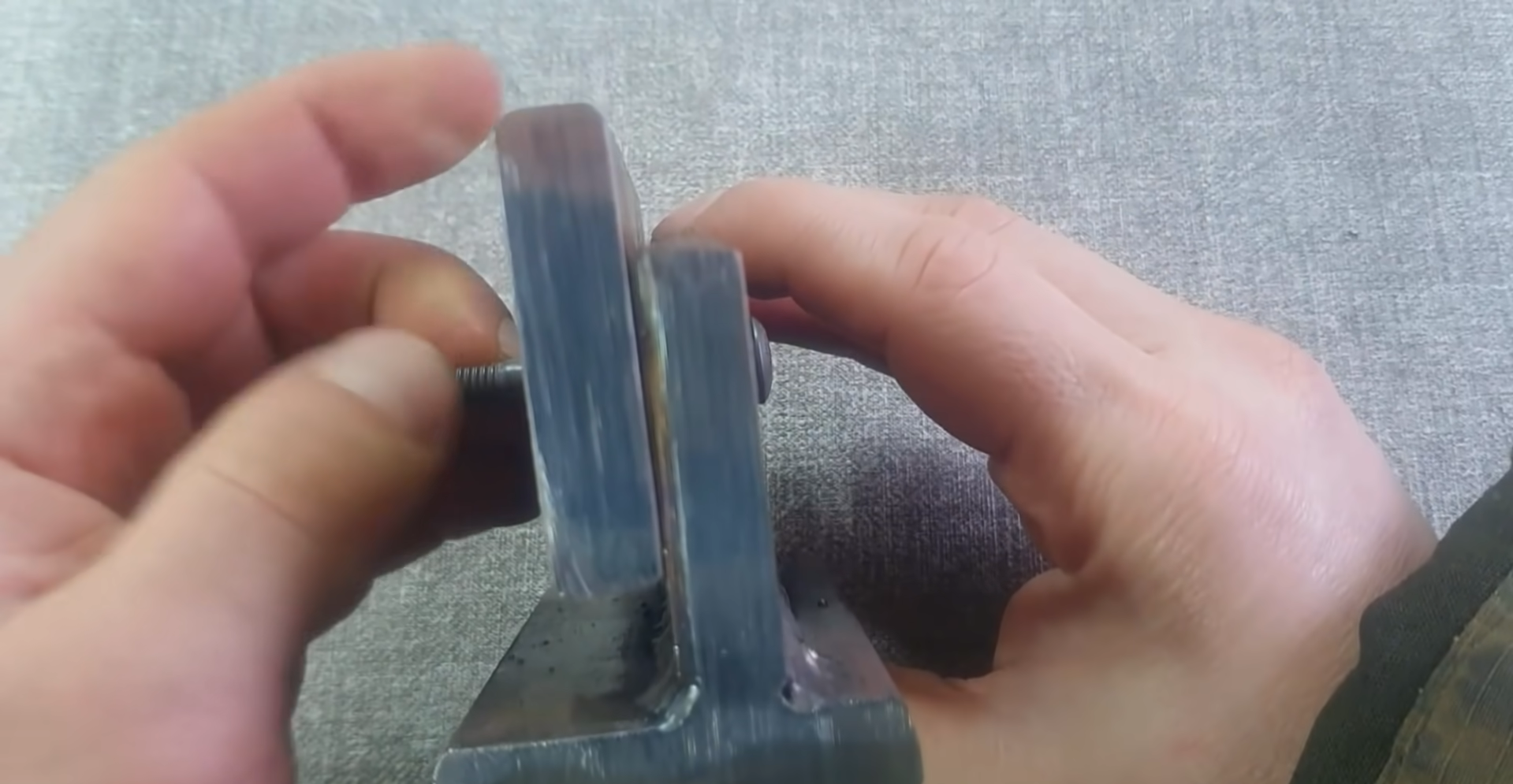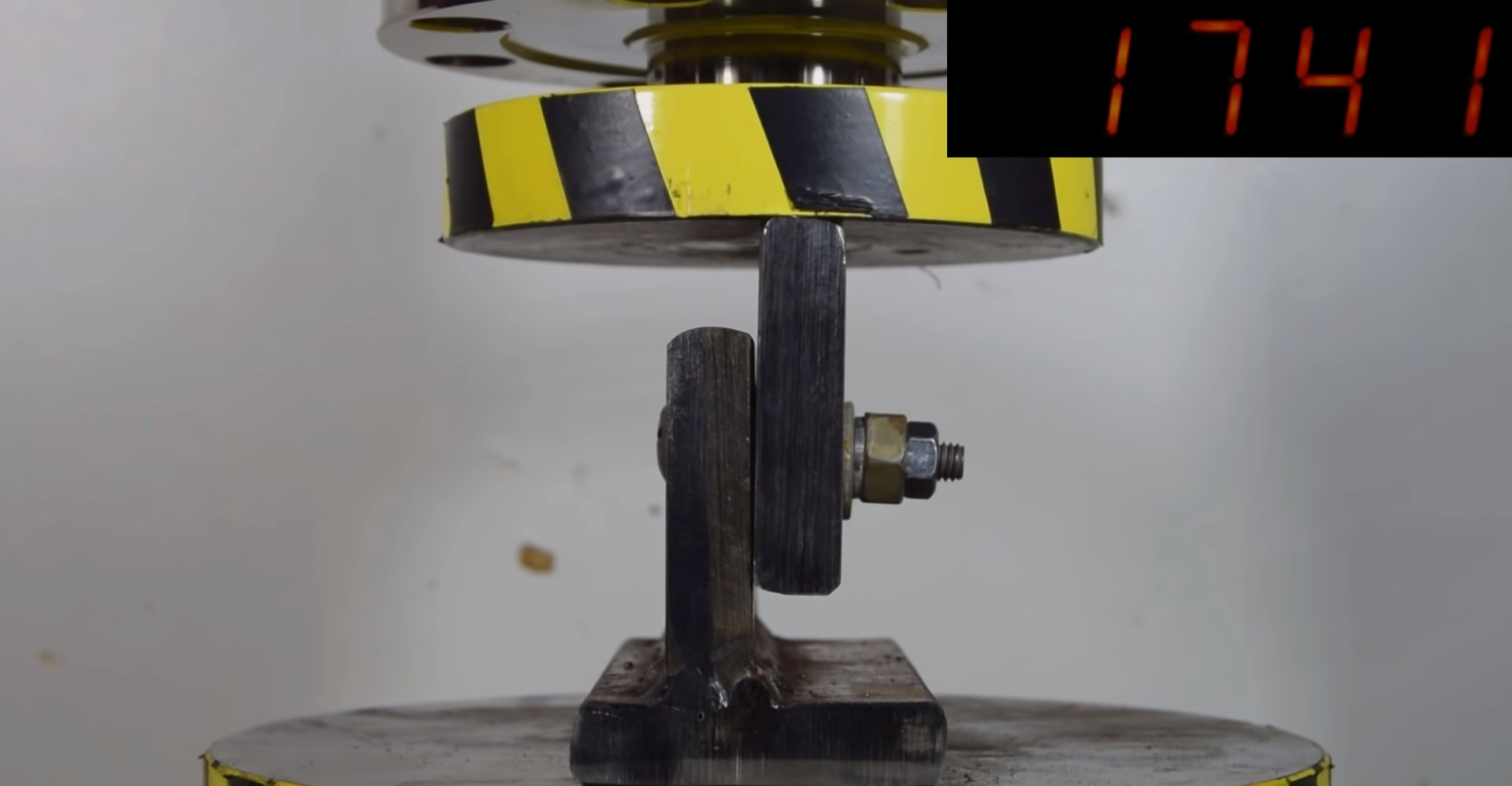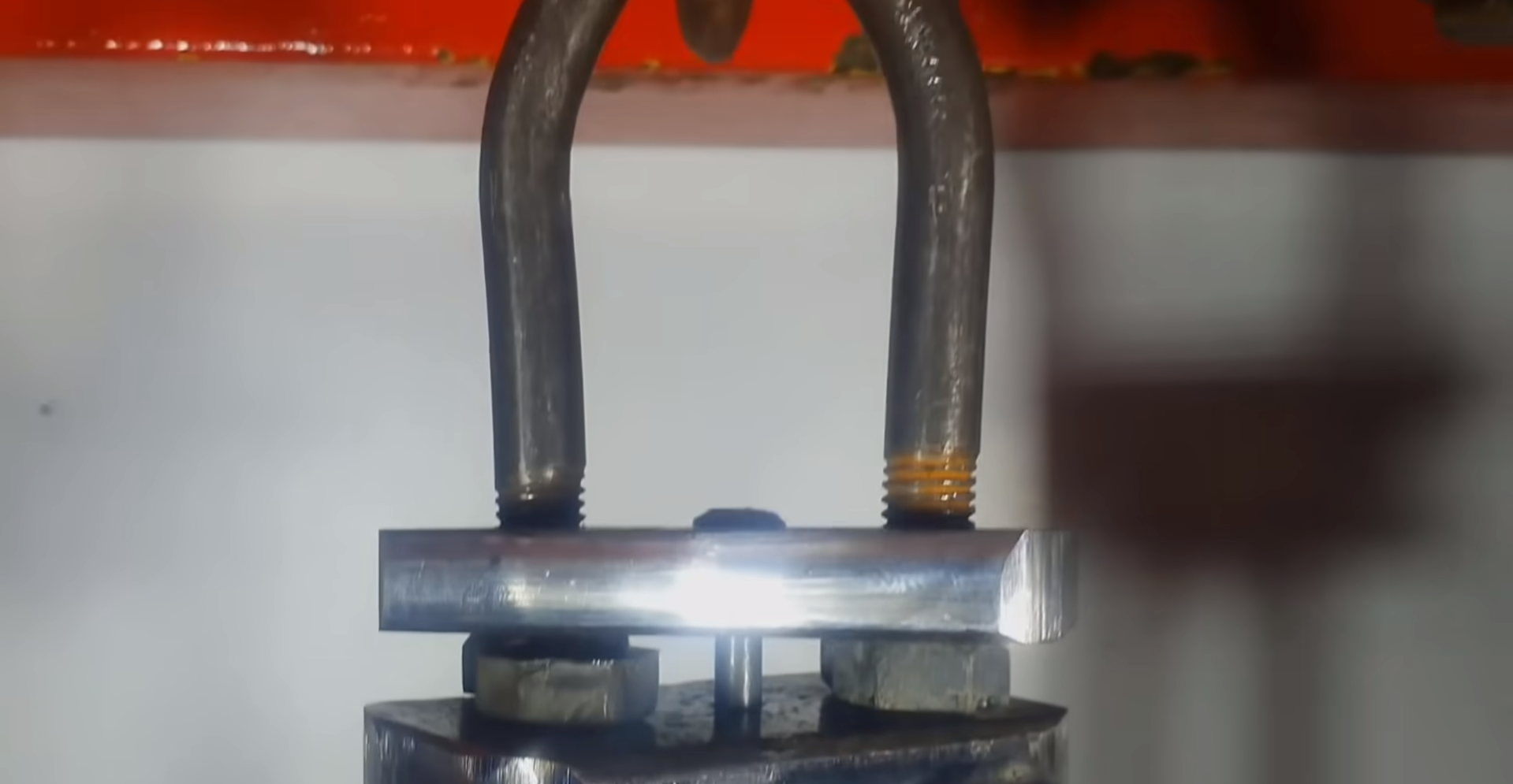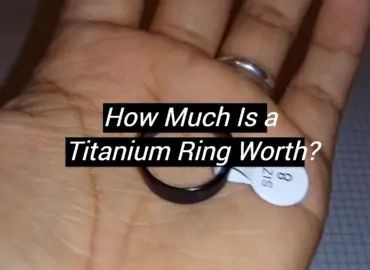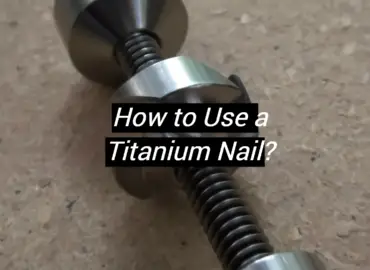Titanium is a popular metal used in numerous industries because of its unique features. It is strong, resistant to corrosion and highly lightweight. However, not all metals that look like titanium are actually titanium. This can be confusing, especially if you are planning to buy or use a titanium product. In today’s blog post, we are discussing how to tell if something is titanium and the various methods you can use to identify this metal.
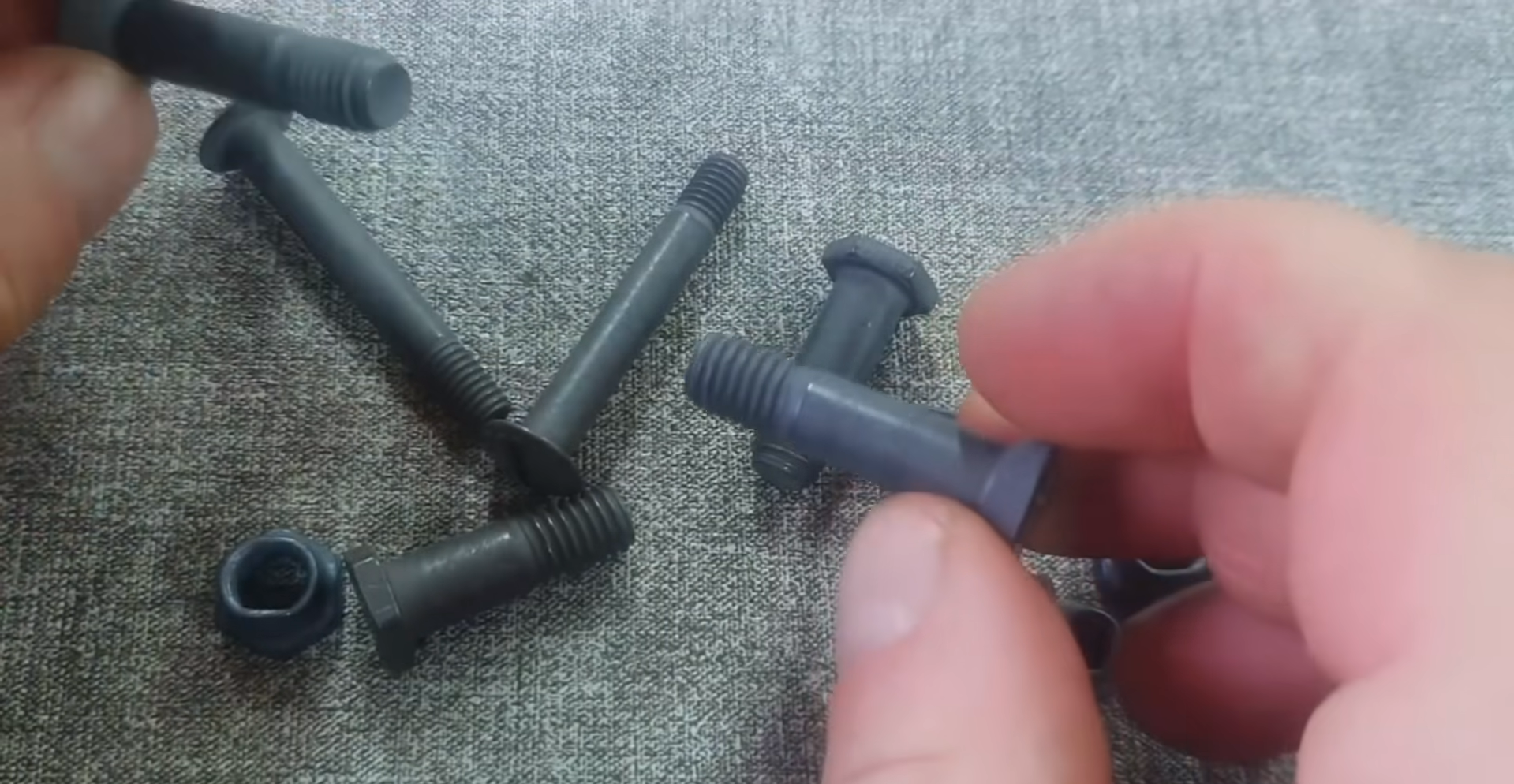
Titanium and Its Properties
Titanium is a versatile metal that is really strong, corrosion-resistant and biocompatible. It is no wonder that this metal has become a great option for different spheres, such as aerospace, military, medical, and sports. Its characteristic features have made it a sought-after material for creating everything from aircraft components to surgical implants. Let’s dive deep into some properties and characteristics of titanium.
Strong and Lightweight
One of Titanium’s key properties is its strength-to-weight ratio. It is significantly lighter than steel but stronger than other metals such as aluminum. It is highly strong, that’s why it is ideal for making critical components of aircraft, missiles, and spacecraft. Additionally, titanium is resistant to corrosion, which is why it is popular for offshore drilling equipment and marine applications. [1]
Biocompatibility
Another exciting feature of titanium is its biocompatibility. It has a unique ability to fuse with the human bone, which makes it an excellent material for creating surgical implants. If compared with other metals, titanium does not react with body fluids, which prevents any toxic by-products. It is widely used in orthopedics for hip and knee-joint replacements, and heart valve replacements. [1]
Thermal Resistance
Titanium is perfect for various high-temperature applications, as it withstands high temperatures. It does not deform at temperatures that cause other metals to melt, that’s why it is perfect for application in furnace parts, heat exchangers, and turbines. [1]
Anodization
Titanium has a unique feature of anodizing, which involves creating an oxide layer on the surface of the metal. The oxide layer is highly biocompatible and can be used in medical implants. Additionally, anodizing creates a vast array of colors that are used in the jewelry industry.
Non-Magnetic
This metal is non-magnetic, which makes it useful in several kinds of applications. It is useful in magnetic-sensitive environments, because its magnetic permeability is rather low. Additionally, it is used in electronics and computing applications where there is a need for non-magnetic materials.
From its strength-to-weight ratio to its biocompatibility, titanium is undoubtedly an incredible metal that has been applied in different industries. It is a preferred choice for creating aircraft components, surgical implants, and jewelry. Owing to its unique properties such as corrosion resistance, thermal resistance, and non-magnetic properties, it has certainly become a masterclass in materials science. As innovation and technology continue to advance, we can be sure that the benefits and uses of titanium metal will only grow.
Why Is Titanium So Popular?
When you think of titanium, what comes to mind? Perhaps the word ‘indestructible’ pops into your head. Or, you may recall that the metal is a popular material used for high-performance sports equipment or airplane parts. Titanium has been used in many different industries for various applications, and it’s only becoming more popular by the day. But why is that so? Here we will check the reasons why titanium is so popular.
Exceptional Strength and Durability
One of the main reasons why this metal is so popular is its durability and strength. In fact, titanium belongs to the list of the strongest metals on the planet, and it can remain resilient even when exposed to high temperatures or corrosive substances. This feature is the reason why it is such a popular material for extreme environments where other metals may falter. Aircraft components, for example, benefit from the resilience of this metal.
Low Density and High Strength-to-Weight Ratio
This feature makes titanium a preferred choice for producing high-performance sporting equipment and bicycles. The metal’s relatively low weight compared to its strength means that titanium products can be both strong and lightweight. As a result, using titanium for these objects has resulted in better performances in respective sports. [1]
Corrosion-Resistant Nature
Titanium’s natural resistance to rust and corrosion is another factor that makes it so desirable in various industries. It can last for years in any type of weather without showing signs of rust, unlike other metals like iron or steel which corrode as they age. This feature makes it highly suitable for use in constructing structures or vessels in the marine industry.
Biocompatibility
Due to the fact that this metal is biocompatible, it is often used in the medical sphere. It is less likely to cause an adverse immune reaction when used on a human body. It’s often used in orthopedic procedures such as dental implants, joint replacements and various surgical instruments.
Aesthetic Value
Titanium’s unique lustrous appearance and texture make it an eye-catching material. Titanium jewelry is becoming an increasingly popular option among people who prefer the metal to traditional precious metals. Its durability and unique appearance make it a great option among ring and watch enthusiasts who are after a mix of reliability and uniqueness.
So, why is titanium so popular? The metal offers a combination of strength, durability, biocompatibility and aesthetic values, and as a result it is widely spread in a number of different industries, such as aerospace, sports, marine, medical, automotive and fashion. As titanium continues to be a popular choice in multiple areas, there is no doubt that its benefits will continue to be explored in many more sectors as companies strive to improve the quality and functionality of their products while keeping the aesthetic appeal strong.
Spheres of Application Titanium
Titanium is a rare and highly sought-after metal that is applied in a number of spheres, from aerospace engineering to medicine. It is preferred over other metals because of its unique attributes such as being lightweight, strong, and corrosion-resistant. Titanium is perfect for applications where weight and strength matter. Now we will explore the various spheres of application, and how it has revolutionized industries.
Aerospace
The aerospace industry is a leading consumer of titanium. The metal’s strength and lightness permit manufacturers to reduce weight, allowing planes and spacecraft to take off and move faster. For example, NASA used titanium to create the outer shell of the Apollo Lunar Modules, which carried astronauts to the Moon during the 1960s and 1970s. Additionally, major parts of aircraft engines, landing gear, and structural components are made of titanium to reduce weight, save fuel and improve performance.
Medical Implants
Titanium is also used for medical implants and prosthetics because it is a non-toxic metal and does not react with the body’s tissues. This quality makes it ideal for implants, like orthopedic devices, where it is used to replace bones and joints. Surgeons use titanium-alloy pins, plates, screws, rods, and dental implants with biocompatible coatings as substitutes for damaged or missing bones.
Automotive
High-end automakers use titanium to enhance their vehicles’ performance. Titanium’s corrosion-resistant trait and strength make it suitable for car parts like exhaust pipes, heat shields, and valve springs, for example, reducing weight and boosting performance.
Sports Equipment
Titanium is also popular in the sports equipment industry. Advanced materials such as titanium are used to make high-end golf clubs, aluminum bats, and tennis rackets. Due to the metal’s unique properties, manufacturers can make sports equipment that is more durable, lighter, and more efficient to use.
Construction
Finally, titanium is playing an increasing role in construction and architecture. Its qualities are used for roofing, cladding, door and window hardware, and interior décor elements. It is extremely durable and has a high resistance to corrosion, making it an ideal metal for use in outdoor applications, such as roofs, where it will be exposed to extreme temperatures, rain, and sunlight. Moreover, when exposed outside continuously, it creates a self-healing oxide layer, which makes it low maintenance.
It is evident that titanium has become an essential metal in various sectors, such as aerospace, medical, automotive, sports equipment, and construction. Despite being expensive, its superior qualities allow for manufacturers to make more durable, lightweight, and efficient products. Its biocompatibility also makes it ideal for medical devices. Furthermore, as more people continue to discover titanium’s unique properties, we can only expect it to be in higher demand across multiple industries.
Pure Titanium, Titanium Steel And Titanium Alloy: The Difference
Titanium is a transition metal that has caught the attention of scientists and enthusiasts alike. Its strength, low density, and high resistance to corrosion make it an excellent metal of choice in many industries, including aerospace, marine, and medical. However, despite its numerous benefits, choosing the right titanium material can be a daunting task. [2]
Pure titanium is a type of titanium that is usually made into sheets or plates. It has a silvery hue and is known for its incredible hypoallergenic properties, biocompatibility and resistance to corrosion. In the medical field, surgeons and dentists frequently use pure titanium in orthopedic implants and dental implants.
Titanium alloy refers to a broad range of titanium materials that have been strengthened with the addition of other metals such as aluminum, vanadium, and manganese. The addition of these elements enhances their strength, wear resistance, and formability, that’s why they are perfect for applications such as aerospace, marine, and biomedical. Titanium alloys have diverse biocompatibility levels, and some can even integrate with human bone tissue, enabling them to be used in medical implants. [2]
Choosing the Ideal Titanium Material
One of the critical factors to consider when picking out titanium is the application. While pure titanium has perfect biocompatibility and corrosion resistance, titanium alloys provide better strength and wear resistance. Therefore, if you’re working on an application that requires high strength and wear resistance, like in the Aerospace industry, you’d be better off using titanium alloys. On the other hand, if you’re working on a medical implant, pure titanium will be the best option.
Pure titanium, titanium steel, and titanium alloy are all incredibly useful materials with distinct characteristics. They all have unique strengths and weaknesses, so it’s essential to consider your application’s specific requirements when selecting the ideal material. This metal continues to grow in popularity, and it’s not hard to see why. It’s a superior material that can take on numerous applications in many industrial sectors, and its benefits are significant to the industry and the environment.
TOP Methods of Checking The Authenticity
Titanium is a popular choice in industries such as aerospace, military, and medicine. However, with its growing demand comes the risk of fake titanium products circulating the market. Let’s see the top methods of checking the authenticity of titanium so that you can be confident that you are buying a genuine product.
- Magnetic Testing – This is one of the easiest and most common ways of checking the authenticity of titanium. As we know, titanium is non-magnetic, so it should not be attracted to magnets. Simply place a magnet near the titanium product and see if it reacts. If it does, then the product is not made of pure titanium. However, keep in mind that some titanium alloys may have slight magnetic properties, so further testing is required. [3]
- Chemical Testing – Another method of determining the authenticity of titanium is through chemical testing. One way to do this is through a spark test. By running an electric spark through the material, the color of the sparks can indicate the metal content. Titanium should produce bright white sparks, whereas other metals such as steel or nickel will produce colored sparks.
- Density Testing – Titanium has a low density of 4.5 g/cm3, which is less than half the weight of steel. Therefore, one way to check the authenticity of titanium is through density testing. This involves measuring the weight and volume of the product and calculating its density. If the density is significantly different from 4.5 g/cm3, it may indicate that the product is not made of pure titanium.
- X-Ray Testing – X-ray testing is another method of checking the authenticity of titanium. This involves shining an X-ray beam through the product and analyzing the resulting pattern. Since titanium has a specific crystalline structure, the pattern produced by an X-ray should match the expected pattern for titanium. This method may be more expensive and complex, but it provides a more precise way of determining the metal content.
- Manufacturer Verification – Lastly, one of the most reliable ways of checking the authenticity of titanium is through manufacturer verification. Look for reputable titanium manufacturers or suppliers who can provide certification or documentation that their products are made of pure titanium. This also includes checking for any recognizable manufacturer marks or trademarks on the product itself.
Checking the authenticity of titanium is crucial to ensure that you are getting a genuine product that meets your requirements. Magnetic testing, chemical testing, density testing, X-ray testing, and manufacturer verification are all effective methods of determining the authenticity of titanium. Remember to exercise caution when purchasing titanium products, and be sure to do your research on the supplier and manufacturer before making any purchase. This way, you can be confident that the titanium product you are buying is made of authentic and high-quality material.
FAQ
How can you tell the difference between titanium and steel?
While these two metals may look similar at first glance, there are several ways to differentiate them. The first is weight. Titanium is a lighter metal than steel, which means that if you hold a piece of each in your hand, the titanium will feel noticeably lighter. Another method to see the difference is by color. Titanium is a darker gray than steel, which has a brighter, shinier appearance. Finally, a magnet will help a lot to identify the real material. Steel is magnetic, but titanium is not. Simply hold a magnet up to the piece of jewelry – if it sticks, it’s steel, but if it doesn’t, it’s titanium.
How can you tell if something is Aluminium or titanium?
These two metals may really be hard to differentiate, but there are a few ways to do so. Like titanium, aluminum is a lightweight metal, so if you’re holding a piece of each, they will both feel light. One way to tell the difference is by color. Aluminum has a silver, almost white appearance, while titanium is darker and more gray. Finally, you can also use a magnet to differentiate between the two. Aluminum is not magnetic, while titanium is not typically magnetic, however, some of its alloys may have a bit of this property .
What does titanium feel like?
Titanium is known for its lightness, so it feels almost weightless in your hand. This is the reason why this metal is really often used for jewelry and other accessories that need to be comfortable to wear for long periods of time. Titanium is also a durable metal, so while it may feel light, it’s strong enough to withstand everyday wear and tear.
How do I know if my piercing is titanium?
If you’re unsure if your piercing is made of titanium, the best way to find out is to contact your piercer. They should be able to tell you what metal was used for your piercing. If you’re purchasing new piercing jewelry, look for pieces that are made of implant-grade titanium, which is a higher quality and more hypoallergenic metal than other types of titanium.
What does titanium jewelry look like?
Titanium jewelry can take on many different appearances, depending on how it’s finished and designed. Some titanium jewelry is brushed or matte, giving it a more muted appearance. Other pieces are polished to a high shine, giving them a brighter, metallic look. Titanium can also be anodized to add color without using any additional chemicals or coatings. This process involves running an electric current through the metal, which causes it to change color.
Is titanium jewelry magnetic?
As a general rule, titanium jewelry is not magnetic. However, some titanium alloys can be slightly magnetic depending on their composition. If you’re unsure whether your titanium jewelry is magnetic or not, use a magnet to test it. If the magnet sticks, it’s likely that the jewelry is not made of pure titanium.
Useful Video: HYDRAULIC PRESS VS TITANIUM AND STEEL BOLT, WHICH IS STRONGER
Conclusions
In conclusion, it’s essential to be able to identify titanium, especially if you are in the market for a titanium product. By looking for its marking, checking the weight, conducting the magnet and flame test, or getting it tested by a professional, you can quickly verify whether the metal is titanium or not. With these methods at your disposal, you can confidently choose products that meet your requirements without any doubts or confusion about their authenticity.
Understanding the differences between titanium and steel, as well as aluminum and titanium, can be helpful when shopping for jewelry or trying to identify a piece you already own. By knowing how to tell the difference between these metals, you can ensure that you’re getting a quality piece of jewelry that will last. Remember, if you’re unsure about the metal used for your piercing or new jewelry, never hesitate to contact a professional for guidance. With this knowledge in mind, you can confidently rock your titanium and steel jewelry with ease!
References:
- https://corelamps.com/en/elements/properties-of-titanium/
- https://titek.co.uk/commercially-pure-titanium-vs-titanium-alloys/
- https://allthingsjewelryy.com/titanium-jewelry-guide/


